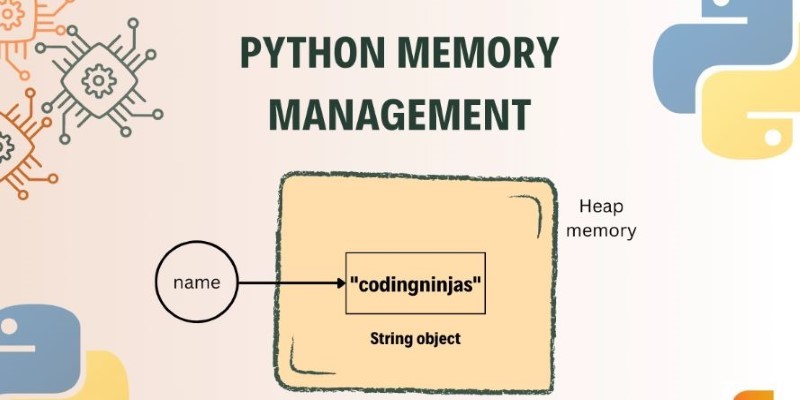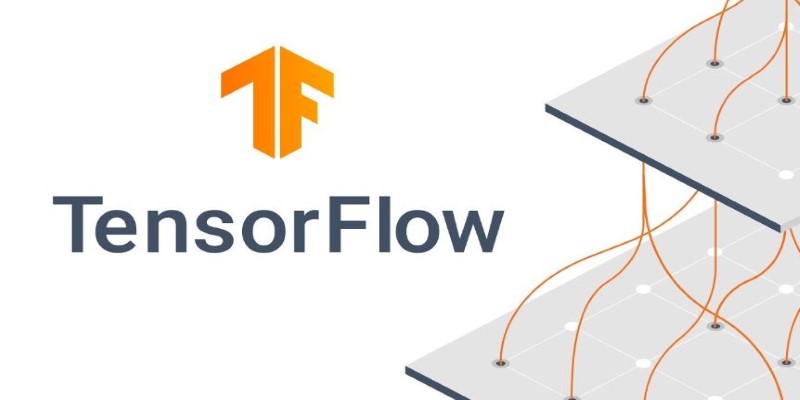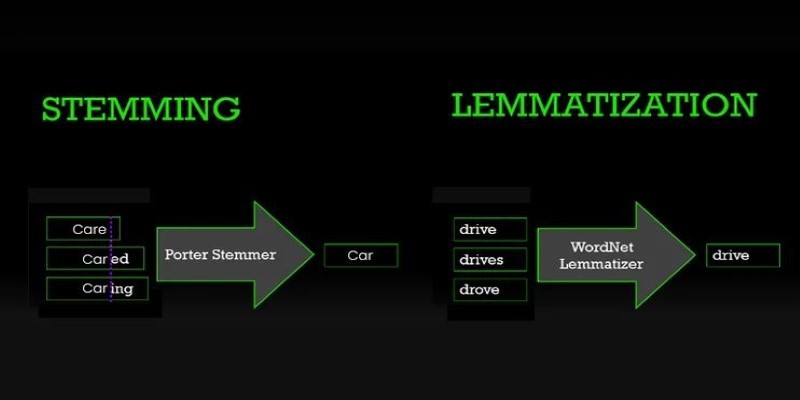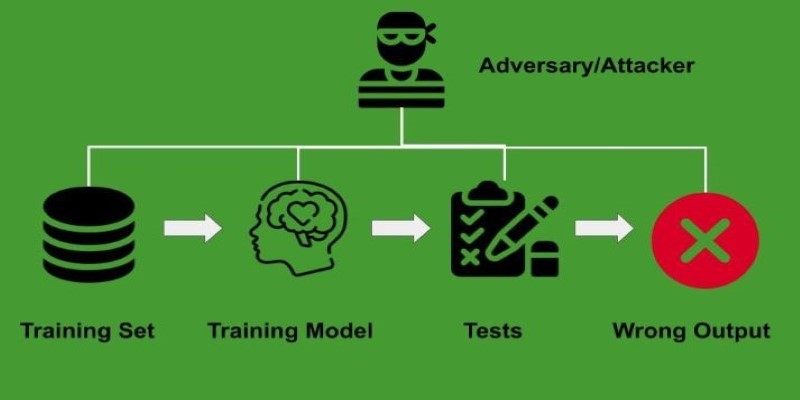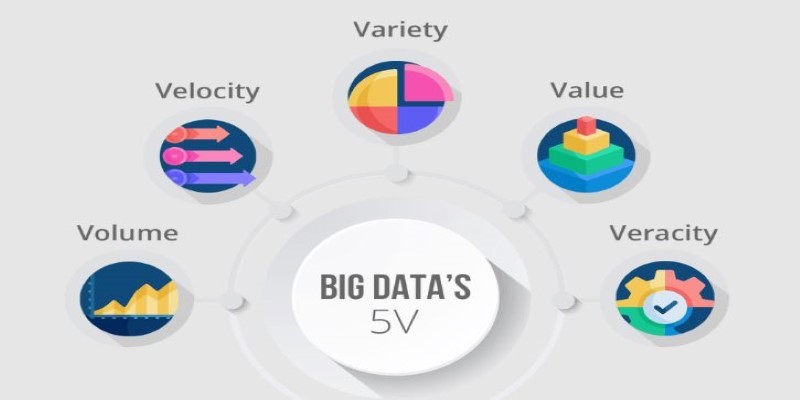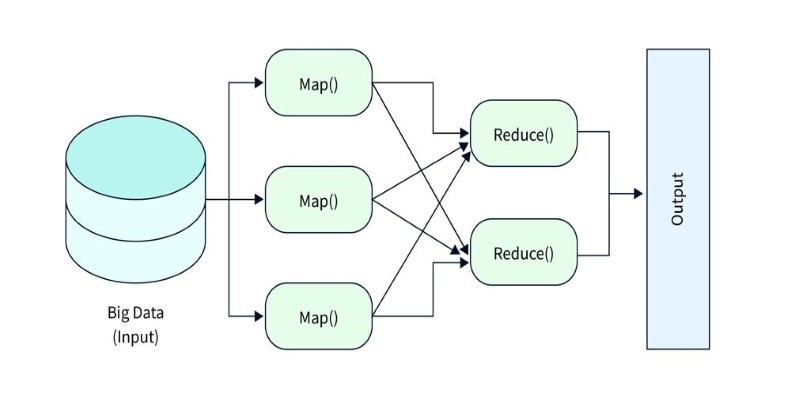Technology is evolving rapidly, introducing new tools that transform complex tasks like financial research. Our experimental Gemini AI assistant is a groundbreaking model designed to make deep research accessible and user-friendly. It's not just about crunching numbers; it builds a relationship between human curiosity and machine intelligence. By integrating deep research techniques, Gemini simplifies complex financial insights with a conversational, spartan approach that’s easy to understand.
Technology is developing rapidly, bringing new tools for researchers to make complex tasks like financial research more accessible and palatable. Our experimental model is the new Gemini AI assistant, an approach that makes deep research user-friendly. It's not just about being able to calculate; it's about building a relationship between human curiosity and machine intelligence. As such, Gemini simplifies complicated financial information with a conversational Spartan approach that's easy to understand through the use of deep research techniques.
The Journey to Deep Research
Deep research is not just the level beyond data collection but the level that uncovers the pattern and connects otherwise invisible results. It is especially important in finance, where these hidden trends and subtle shifts can make a large difference. By using deep research, the Gemini AI assistant can analyze vast amounts of financial data, recognize underlying patterns, and predict trends much more precisely.
This journey involves advanced algorithms and machine learning that continuously refine themselves as they process more information. Gemini doesn't just amass data; it learns how different pieces of information fit together meaningfully. This iterative process—learning from each interaction and data set—ensures that Gemini becomes more adept at providing insightful, nuanced answers over time. This makes complex financial analysis less intimidating and easier to digest, turning abstract numbers into clear, actionable insights that can guide decision-making.
The approach of Gemini to deep research reflects a broader shift in technology: from simple data retrieval systems to intelligent companions that can understand context and deliver personalized insights. It's about creating a system that not only processes data but also comprehends it in a way that's useful to humans. This merger of technology and human-centric design allows for deep research with Gemini, which feels less like a chore to be fulfilled and more like an exploratory process of learning from an AI that understands the user's needs and returns the most relevant information directly.
Gemini: Your New AI Assistant
The introduction of Gemini, our experimental model, marks a significant step forward. While many AI tools tend to focus on automation and speed, Gemini emphasizes understanding and assistance. It’s designed to listen, learn, and adapt to your unique needs, effectively becoming a helpful companion in your research endeavors. One of the first things you’ll notice is how it handles requests in a conversational tone. It steers away from overly technical language, making interactions more natural and less intimidating. This ensures that even complex topics in deep research become accessible.

Gemini works by combining advanced machine learning algorithms with principles of deep research. When you ask a question, Gemini analyzes vast amounts of data, compares it with previously encountered scenarios, and constructs an answer that is both informed and easy to understand. This process is dynamic. It learns from each conversation, refining its responses over time. While it uses sophisticated techniques behind the scenes, the user experience remains simple and intuitive. There is an emphasis on empathy and relevance, so instead of feeling like you’re talking to a machine, you experience a dialogue that feels helpful and engaging.
The beauty of Gemini lies in its balance of technical prowess and conversational ease. It is built on a foundation of deep research, meaning it isn’t just pulling pre-canned answers from a database. It is actively reasoning through questions, contextualizing data, and offering insights that reflect a deep understanding of the subject matter. This makes it an invaluable asset for anyone looking to dive into financial research without wading through endless spreadsheets or tedious reports. Gemini acts as a guide, illuminating paths that might have remained hidden and making the complex world of finance more approachable and less daunting for everyone.
Experimenting and Learning from Gemini
One of the most appealing aspects of Gemini is its experimental nature. It is constantly evolving, learning from user interactions and refining its approaches based on feedback. This means that every time you use Gemini, you're participating in an ongoing process of improvement. Your interactions help shape how the assistant evolves, making the experience more personalized and efficient over time.
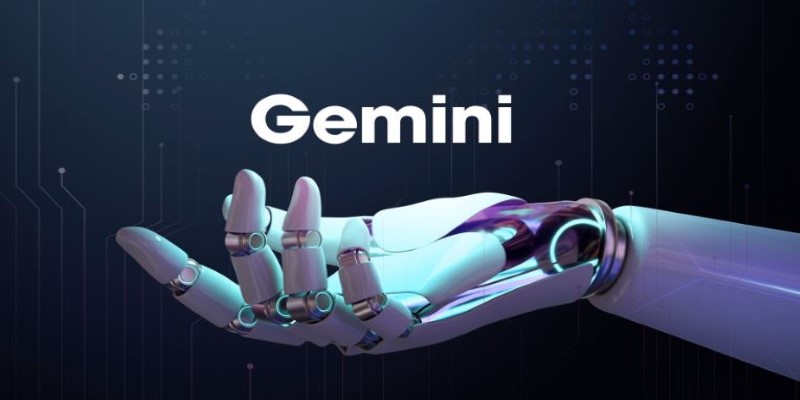
As you engage with Gemini, you’ll notice that it encourages exploration. It can handle a broad range of financial questions, from market analysis to investment advice, using its deep research background to offer detailed yet understandable insights. This experimental approach ensures that each interaction is unique, and the AI adapts to provide more tailored suggestions based on your particular interests and needs.
Gemini not only answers questions but also guides you to new avenues of inquiry. By suggesting related topics or highlighting patterns you might not have noticed, it fosters a learning environment where you can deepen your understanding. This iterative discovery process is both enlightening and empowering, transforming how you engage with financial research. The model’s emphasis on transparency means you can always ask for more detail or clarification, creating a dialogue that builds trust and enhances learning.
Conclusion
The fusion of deep research and the Gemini AI assistant transforms financial inquiry into a user-friendly experience. By blending advanced algorithms with a conversational tone, Gemini makes complex data accessible and engaging. Its experimental nature means continuous learning, adapting, and improving through each user interaction. This evolution creates a tailored, transparent, and intuitive tool that demystifies financial trends and guides users with clarity. As Gemini grows smarter, it empowers both novices and experts to navigate intricate financial landscapes confidently. Ultimately, Gemini’s approach to deep research embodies a shift towards human-centric AI, making complex analysis feel like a natural, insightful conversation.

